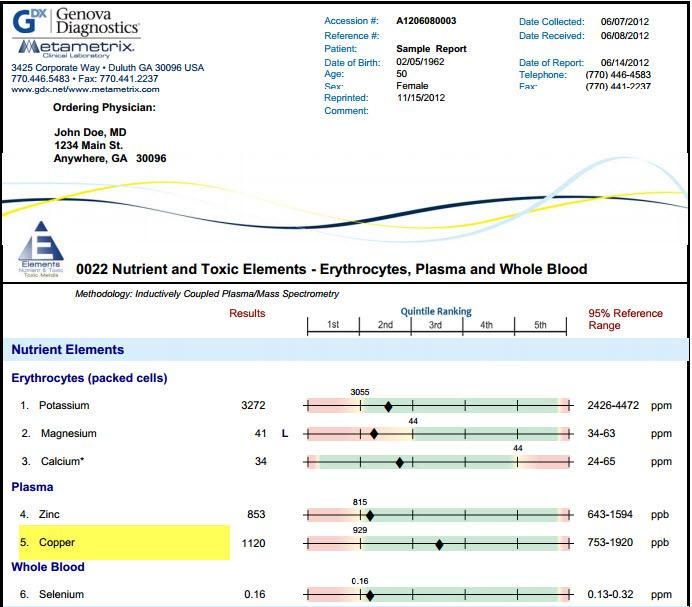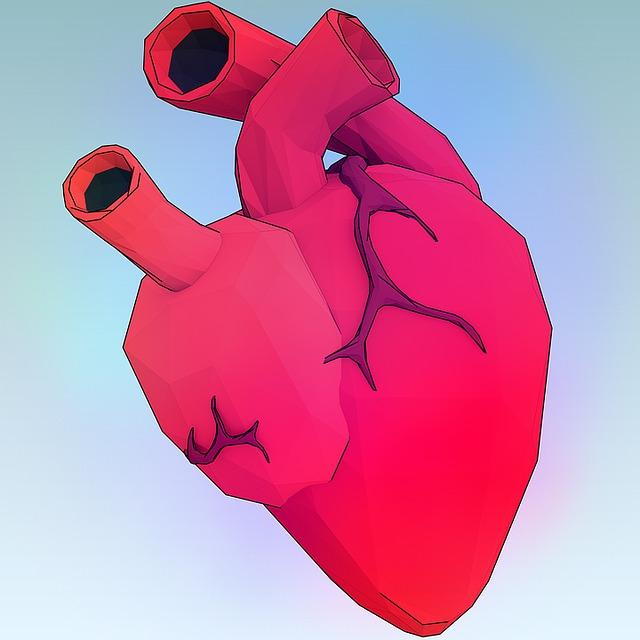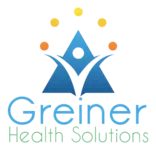The Worst Type of Heart Condition: Can You Fix It?
"Within "five years" of being diagnosed with heart failure or cardiomyopathy (another type of heart failure) the average person is dead.
As we get older, we have a greater tendency to be severely depleted in key nutrients that keep the muscles healthy. One of the most important muscles in the body is the heart. Without the proper nutrients the muscles including the heart becomes flabby and performs at a sub-optimal level.
The major pump of our body (our heart) becomes progressively sluggish making a person tire more easily. In addition, you would see the obvious signs of a weakening heart by swollen ankles, shortness of breath and again just plain out no energy. For many of these people life becomes limited and restricted.
What is surprising is the fact that the so-called survivors of this heart disease are made worse by the onslaught of more and more drugs. Here you have a body that is severely deficient in critical key nutrients and are loaded up with half a dozen medications all of which work by interfering with the specific pathways in the already damaged heart (remember CoQ10).
If you ask any cardiologist if they can fix congestive heart failure, they will tell you absolutely no. If you ask them if they can regenerate the damaged heart muscle and bring it back to normal again, they will tell you this is not possible. They are wrong in both instances. Every disease has a cause and a way to fix and solve the disease.
The standard treatments?
When drugs fail to help and the heart failure worsens, the typical procedure used by cardiologists is calledablation which is recommended as a temporary rescue. Ablation consists of slipping a catheter into the heart and turning on the laser current to destroy nerve and muscle thereby reducing the amount of work the heart has to do. The object is to destroy part of the non-working muscle area. Although temporary relief is achieved in a high percentage of patients, it is commonly short-lived. Remember heart failure or cardiomyopathy patients have a life extension of just under 5 years with standard medical treatment.
It would appear to be malpractice for cardiologist not to at least recommend some of the peer-reviewed biochemical treatments that have been proven to strengthen the heart. Yet because the definition of malpractice is that you are not doing what the rest of the herd is doing, this is instead considered "state-of-the-art" medicine.
![]() Remember heart failure or cardiomyopathy patients have a life extension of just under 5 years with standard medical treatment
Remember heart failure or cardiomyopathy patients have a life extension of just under 5 years with standard medical treatment ![]()
It is interesting to note that the Journal of the American Medical Association stated that over 87% of the "experts" who make the rules and regulations, called practice guidelines, have serious financial connections with the pharmaceutical industry. Furthermore, that same journal showed that out of 2700 recommendations by cardiologists, 90% were not based on science, but on the opinions of physicians connected with the pharmaceutical industry. The "practice" of medicine is clearly proven to be under the control of the pharmaceutical industry.
Let's look at one tiny example, the mineral copper. Copper deficiency is even more rampant nowadays because the diet is more processed, folks are eating more processed foods, the soils are more depleted, plus medications use up nutrients.
What are your options your cardiologist may have failed to investigate?
One example is the research done in medical schools in the United States showing that congestive heart failure can be reversed with something as simple as repairing a copper deficiency. Not only that, but the heart muscle was literally regenerated.
It is a shame that this simple yet effective treatment is totally ignored. Can you believe that the enlargement of the heart, the poor performance of the heart muscle and even the way it looks under the microscope were all dramatically normalized with just the addition of extra copper?
Even with all this proven research most patients end-stage (near death) heart failure patients are on well over $10,000 of medications each month.
But copper isn't the only way you can create and solve heart failure and even make the cells regenerate and go back to being an entirely normal. The same goes for zinc, magnesium, chromium, and many other minerals (depending on the person) that are important in the body.
Now remember you don't want to just run out and purchase copper, you must insist that your cardiologist orders aRBC erthocyte blood test and bases his recommendations on objective testing.

The sad thing is that it has been known for over a quarter of a century that people who die from heart attacks, heart failure and cardiomyopathy have much lower levels of copper as well as lower levels of other nutrients in their hearts. Yet show me a cardiologist who ever checks your RBC (red blood cell or erythrocyte) copper and I'll show you a cardiologist you should keep. If indicated, one Chelated Copper, but absolutely with food, is a start. However, this calls for serious balancing of all nutrients.
Just remember no disease is the deficiency of some drug or device.
If you have a serious disease, you must know what tests to insist your doctor order, and then how to proceed with the most common solutions for your symptoms."
References:
Zhou Z, et al, Regression of copper-deficient heart hypertrophy: reduction in the size of hypertrophic cardiomyocytes, J Nu(r Bio¬chem 20:621-28, 2009
Zhou Y, et al, Copper reverses cardiomyocytes hypertrophy through vascular endothelial growth factor-mediation reduction in the cell size, J Molec Cell Cardiol 45:106-17, 2008
Jiang Y, et al, Dietary Copper supplementation reverses hypertrophic cardiomyopathy induced by chronic pressure overload in mice, J Rip Med 204:657-66, 2007
Medeiros DM, et al, Newer findings on a unified perspective of copper restriction and cardiomyopathy, Proc Soc Exp Biol Med, 215:299-313, 1997
Elsherif L, et al, Regression of dietary copper restriction-induced cardiomyopathy by copper repletion in mice, JNutr 134:855-60, 2004
Mancini DM, et al., Low incidence of myocardial recovery after left ventricular assist device implantation in patients with chronic heart failure. Circulation 98:2883-89, 1998
Zama N, et al, Cardiac copper, magnesium, and zinc in recent and old myocardial infarction, Biolog Trace Elem Res 10:201-8, 1986
Webster PO, Trace elements in human myocardial infarction determined by neutron activation analysis, Acto Scand Med, 178:765-88, 1965
Chipperfield B, et al, Differences in metal content of the heart muscle in death from ischemic heart disease, Am Heart J 95:732-7, 1978
Medeiros DM, Davidson J, Jenkins JE.,A unified perspective on copper deficiency and cardiomyopathy,Proc Soc Exp Biol Med. 1993 Jul;203(3):262-73.
Source: Department of Human Nutrition and Food Management, Ohio State University, Columbus 43210-1295.
Nath R.,Copper deficiency and heart disease: molecular basis, recent advances and current concepts,Int J Biochem Cell Biol. 1997 Nov;29(11):1245-54.
Source: Department of Experimental Medicine and Biotechnology, Postgraduate Institute of Medical Education and Research, Chandigarh, India.
Li Y, Wang L, Schuschke DA, Zhou Z, Saari JT, Kang YJ.,Marginal dietary copper restriction induces cardiomyopathy in rats,J Nutr. 2005 Sep;135(9):2130-6.
Source: Department of Medicine, University of Louisville School of Medicine, KY 40202, USA.
Wildman RE, Medeiros DM, Hamlin RL, Stills H, Jones DA, Bonagura JD.,Aspects of cardiomyopathy in copper-deficient pigs. Electrocardiography, echocardiography, and ultrastructural findings,Biol Trace Elem Res. 1996 Oct-Nov;55(1-2):55-70.
Source: Department of Human Nutrition and Food Management, Ohio State University, Columbus 43210-1295, USA.
Elsherif L, Ortines RV, Saari JT, Kang YJ., Congestive heart failure in copper-deficient mice,Exp Biol Med (Maywood). 2003 Jul;228(7):811-7.
Source: Department of Pharmacology and Toxicology, University of Louisville, Louisville, Kentucky 40202, USA.
https://www.functionalmedicineuniversity.com/public/Congestive-Heart-Failure.cfm

